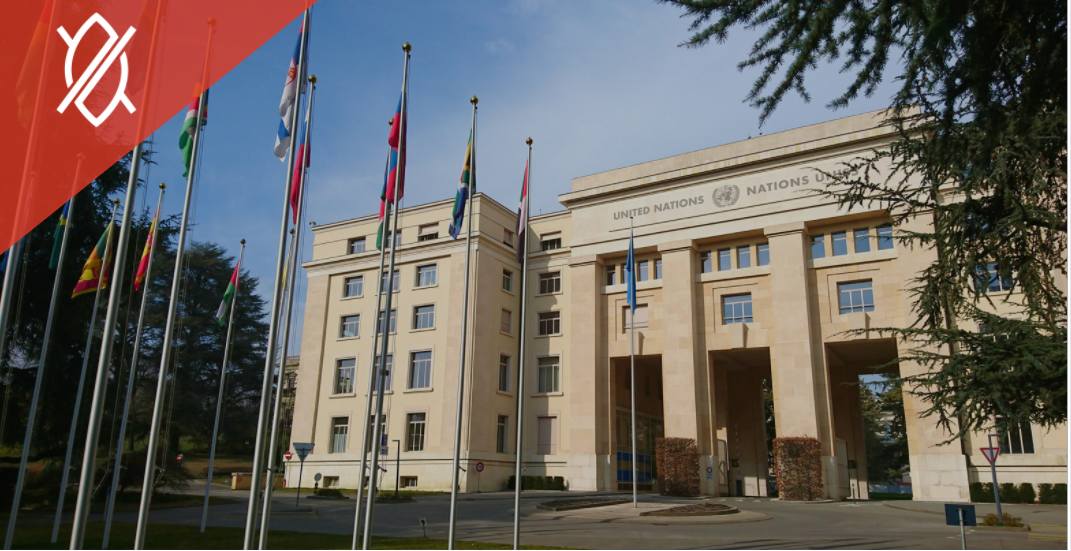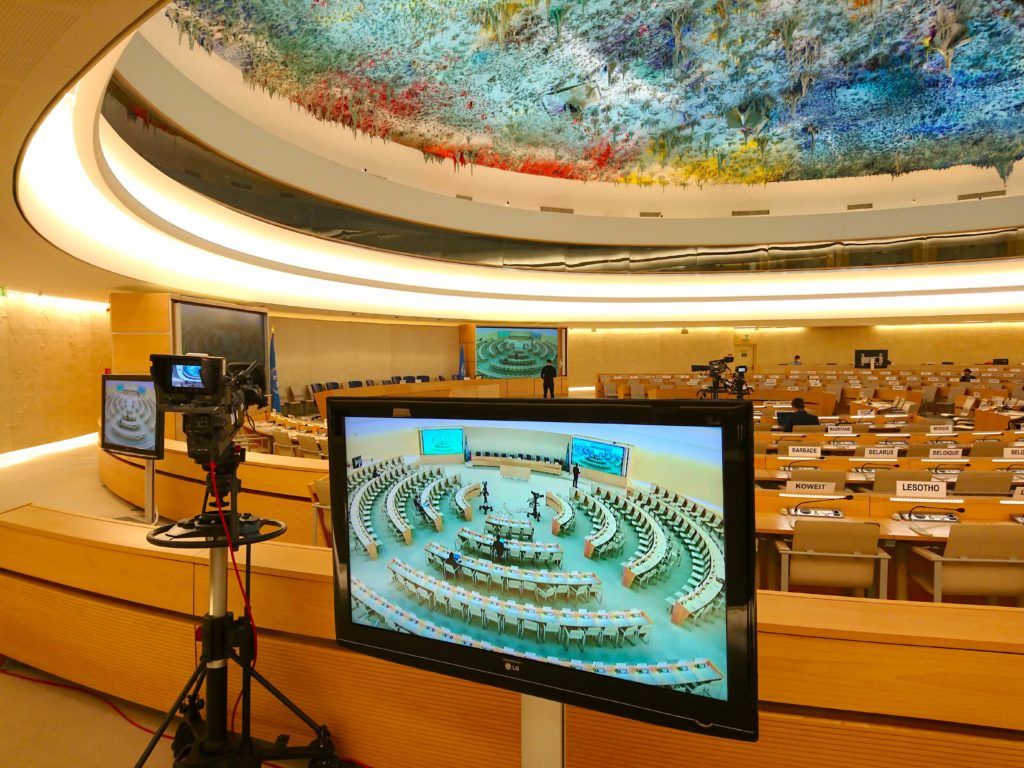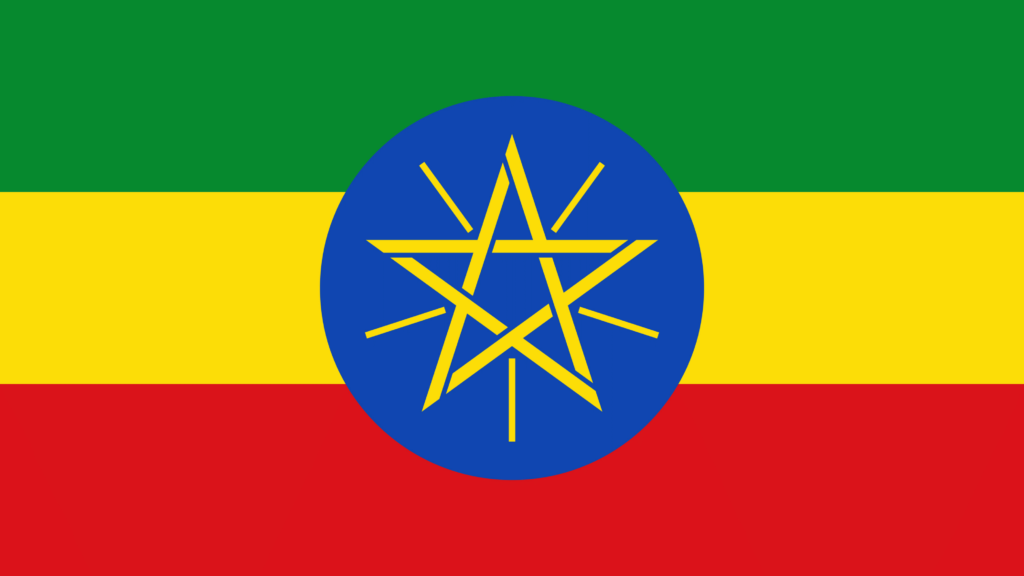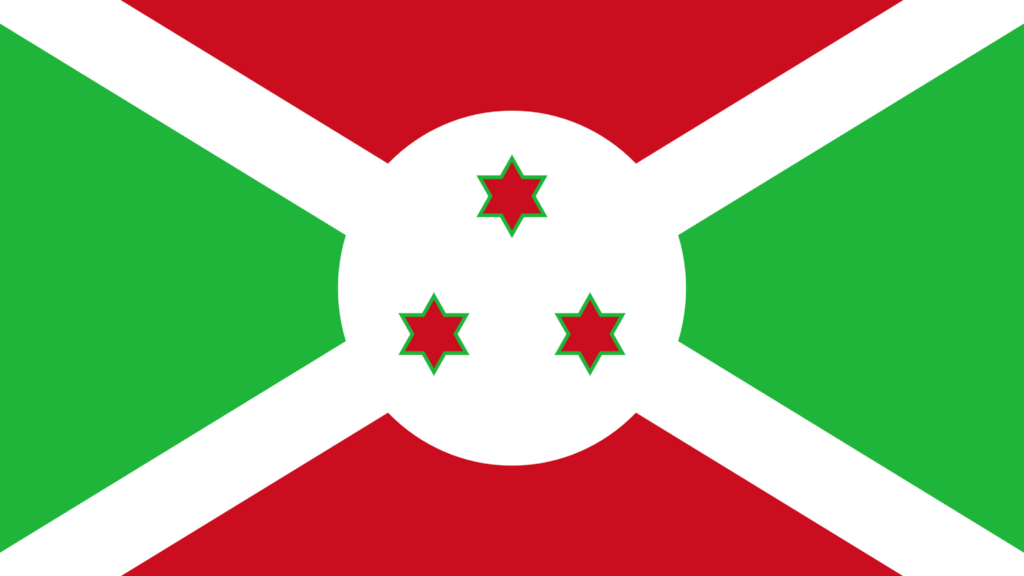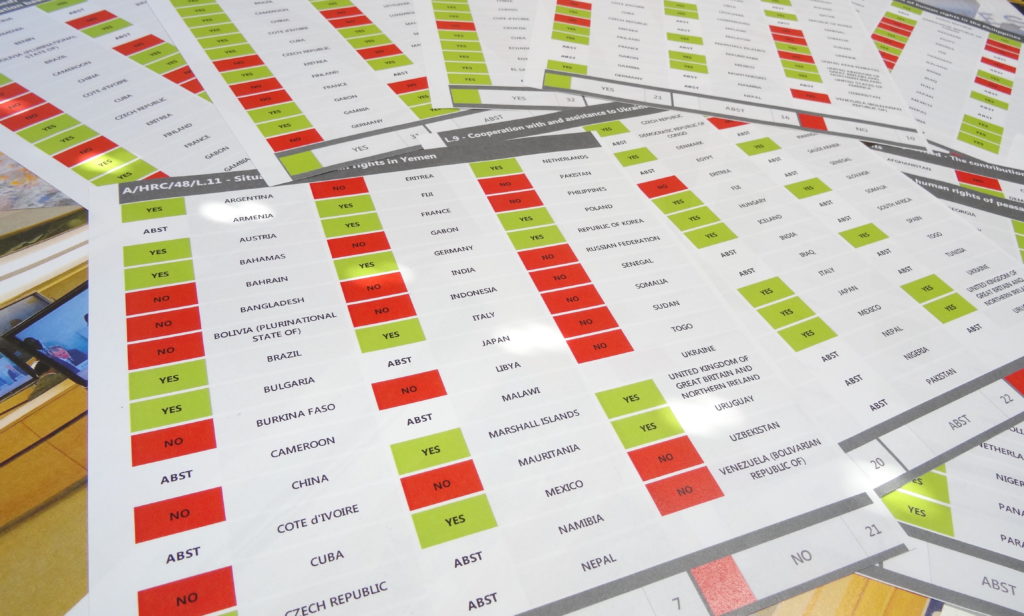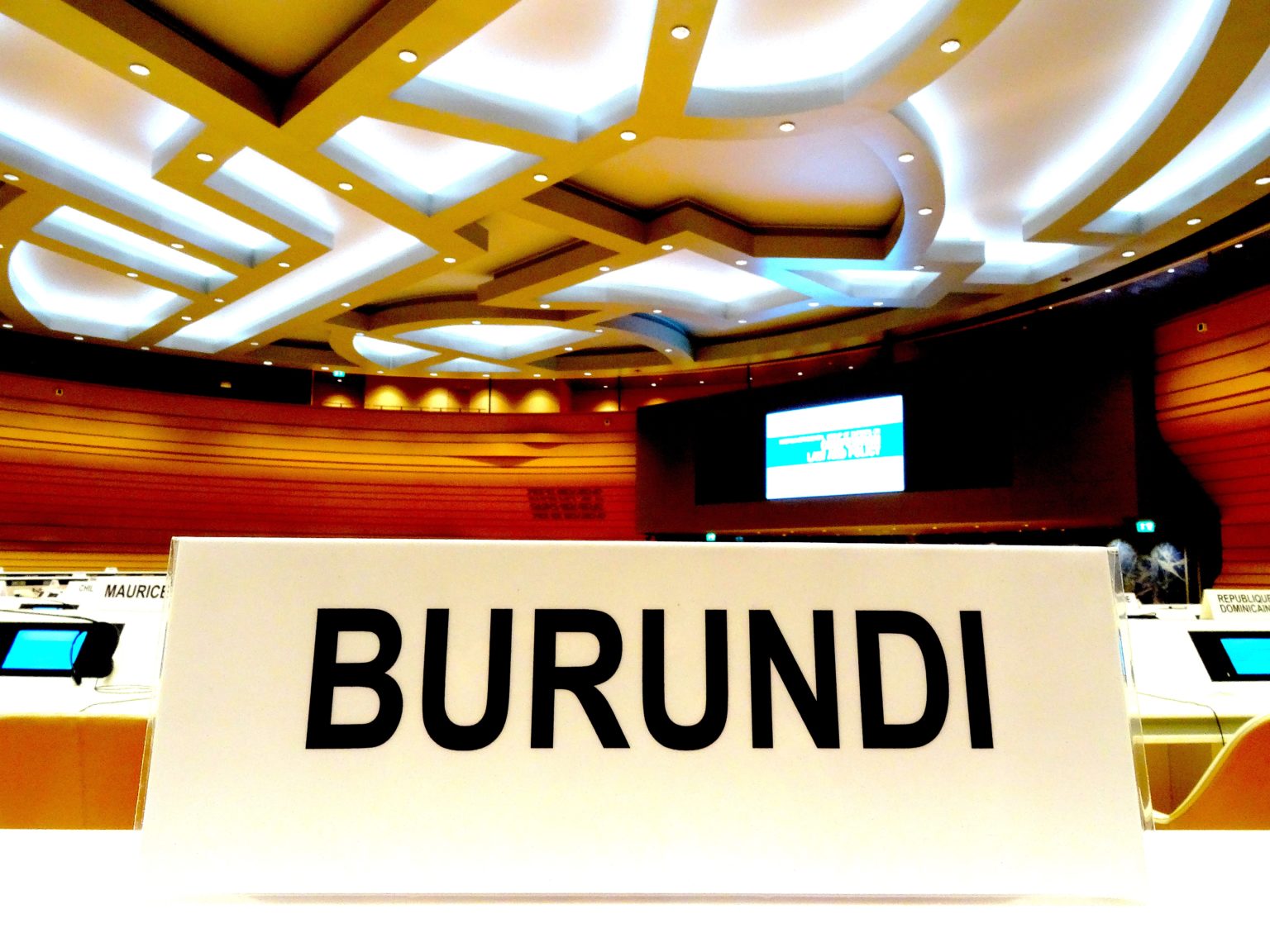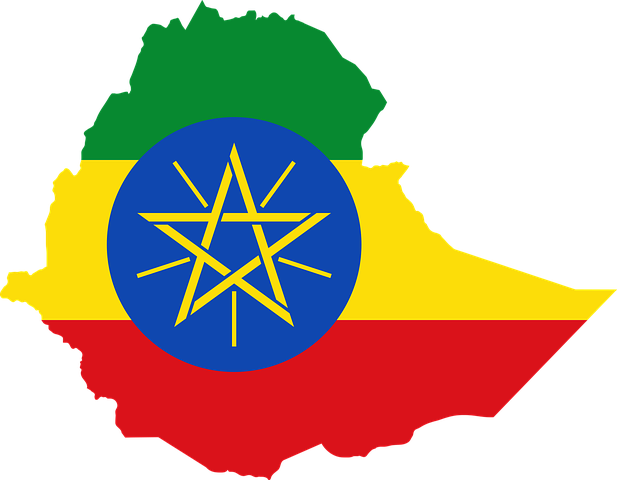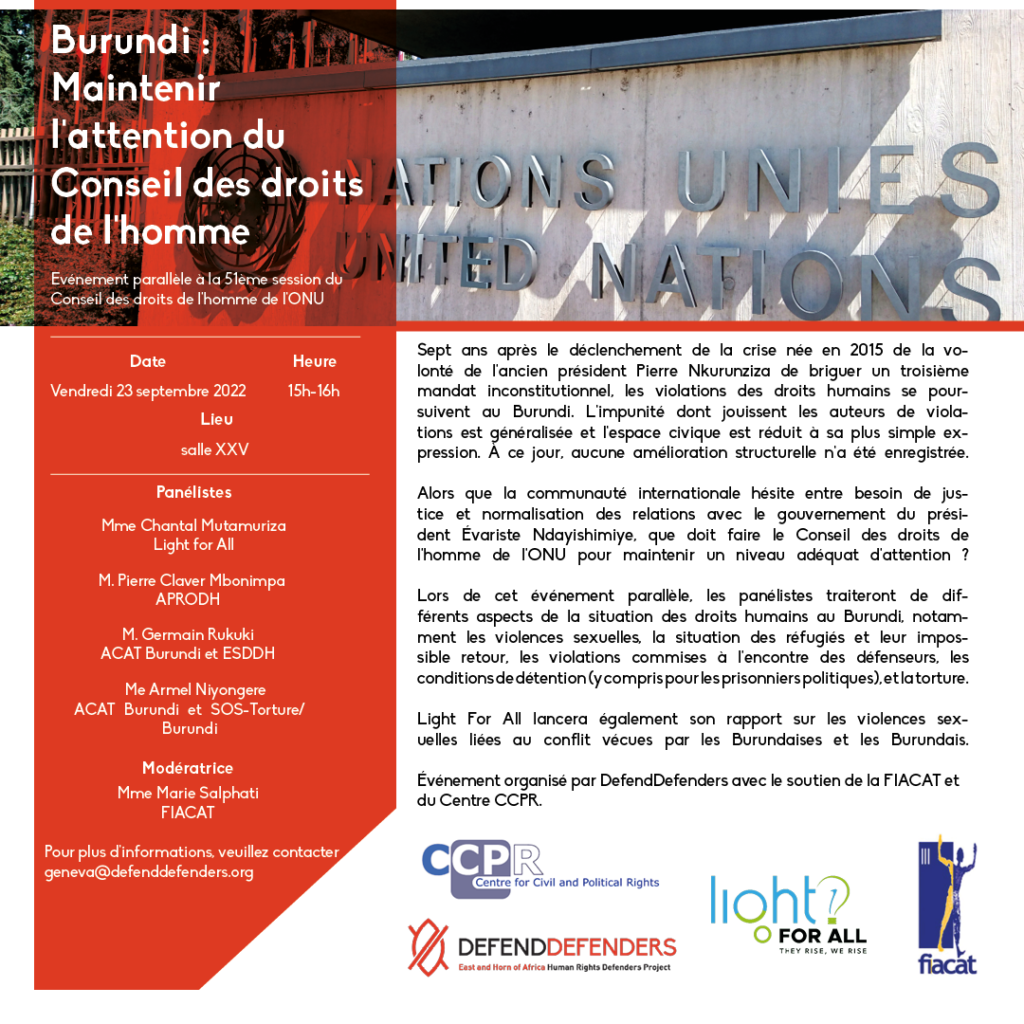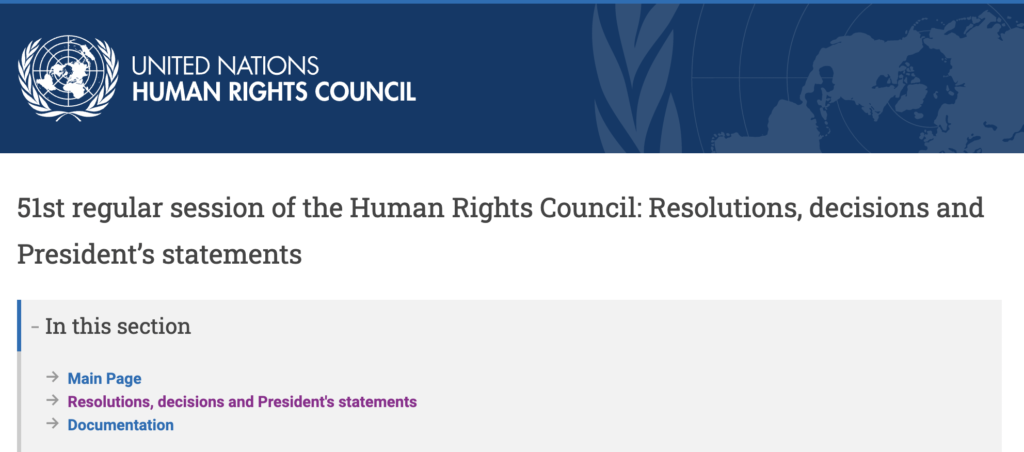HRC51 was a historic session for the UN Human Rights Council. For the first time, initiatives on permanent members of the UN Security Council (the “P5”) were on the table. While the one on China failed, the other, on Russia, was adopted. In both cases, African states’ votes were key. Most African states voted “No” to the China-focused initiative and contributed to defeating it. But as 12 out of 13 African states abstained on the Russia-focused resolution, they allowed it to pass.
DefendDefenders and AfricanDefenders got significant media attention as we launched a report, “Between Principles and Pragmatism: How African states vote at the UN Human Rights Council,” which comprehensively analyses the voting record and behaviour of African states at the Council since its creation, in 2006. It covers HRC1 to HRC50.
As diplomats, journalists, and observers established projections of votes and sought to know whether these two initiatives would pass, it became clear that African states would determine the outcome. In this sense, HRC51 highlighted the relevance and timeliness of “Between Principles and Pragmatism.” See a few examples of media stories by news agencies (EFE and AP), Swiss-based newspapers (Le Temps), and “International Geneva”-focused outlets (Geneva Solutions, Geneva Observer).
In addition to launching our report, during my stay in Geneva I met with several state delegations and partners, including African Ambassadors and discussed issues of common interest.
Ahead of Human Rights Council elections (11 October in New York), Estella Kabachwezi, Nicolas Agostini and I also published an opinion piece urging states to reject Sudan’s re-election bid. Unfortunately, Sudan’s candidacy for a second term was successful. This once again highlights the bad practice of “closed slates” (presenting the same number of candidates as there are seats available for the regional group) particularly for the African Union.
During HRC51, we focused on Ethiopia and Burundi, and we supported the renewal of the mandate of the UN Independent Expert on Somalia. The latter resolution was adopted by consensus.
Regarding Ethiopia, a vote took place, and it was a close call. The result (21 Yes, 19 No) shows that resolutions addressing violations committed in African countries are increasingly challenging, as several African states oppose them. In this case, the late announcement (yet to be followed by action) of peace talks at the national level led many African delegations to vote “No” on the HRC51 resolution, which extended the mandate of the investigative mechanism, the ICHREE. Only Malawi abstained.
Ahead of the session, together with Human Rights Watch, Amnesty International, and GCR2P, we called on the Council to give the ICHREE more time to fulfil its mandate and investigate violations committed by all parties to the conflict in Ethiopia, in Tigray and other regions.
Regarding Burundi, we welcome the principled vote of The Gambia, which supported the resolution. Several African states abstained, sending a message to the Burundian government that they were not ready to support its claim that the situation is normalised. This year’s resolution, which extended the mandate of the UN Special Rapporteur, was adopted with a broader margin (22 Yes, 12 No) than last year.
Prior to the session, 55 organisations led by DefendDefenders urged states to do just this. During the session, we conducted advocacy with Burundian HRDs, including Chantal Mutamuriza of Light For All and Pierre Claver Mbonimpa of APRODH. We held meetings with state delegations and organised a side event—the first in over two years within the Palais des Nations premises.
Our oral statements addressed a range of issues relevant for human rights defenders (HRDs) in the East and Horn of Africa and on the African continent. We also welcomed the new UN High Commissioner for Human Rights, Volker Türk, and flagged key issues as he takes up his role. With these, we wrapped up a busy year, in which we delivered no fewer than 23 oral statements to the Council. In addition to those who travelled to Geneva, several HRDs participated in Council advocacy via video statements.
The next session, HRC52, will take place in February-March 2023. Before that, a large DefendDefenders/AfricanDefenders team will take part in the 73rd ordinary session of the African Commission on Human and Peoples’ Rights (ACHPR), in Banjul, The Gambia (October-November 2022). There, we will also advocate for meaningful outcomes.
Hassan Shire
Oral statements to the Council
Advocacy documents and press releases
Resolutions
- Ethiopia
- Burundi
- Somalia

